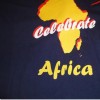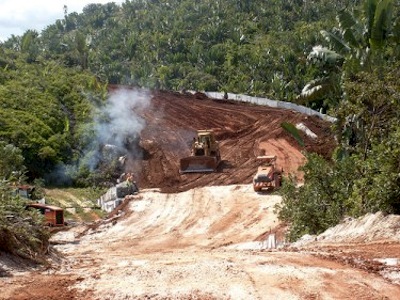Stories about Angola from May, 2012
Africa: Young Farmers Idea Contest
Through the Young Farmers Idea Contest, the African diaspora and volunteers alike are invited to share their ideas on new ways to engage youths in sub-Saharan Africa under the age of 18 through educational projects, community-building initiatives, and social programs, all centered around agriculture and farming.
Africa: Celebrating Africa Liberation Day on Twitter
Africa Liberation Day is the annual commemoration on May 25 of the 1963 founding of the Organisation of African Unity (OAU). In 2002 the OAU established its own successor, the African Union (AU). Africans and friends of Africa celebrate African unity and freedom on Twitter.
Angola: Angola's Sweet Success
Mark and Jana blogs about Angola's sweet success: “Around 70% of Biocom’s sugar cane is turned into sugar. The remaining 30% is used for ethanol and the production of electricity. Electric power is produced by burning sugar cane waste. The vapour released during the process is channelled into a high-pressure...
Africa: Review: The Chicken Thief
Nana reviews The Chicken Thief by Fiona Leonard: “The Chicken Thief (2011; 340) by Fiona Leonard has been described as a political thriller of sorts. Set in an unnamed African country, it provides a different take on the struggle for independence in a southern Africa country.”
Angola: Loss of a Human Rights Advocate
Megan Eardley, from Africa is a Country, published a translation of the condolences statement from Angolan human rights group OMUNGA [pt], on the assassination of one of their volunteers, Júlio Kussema. Eardley writes about OMUNGA's work and adds that “protesters (…) face police intimidation and alarming levels of state violence this...
Africa: Calls for Transparency Over Marked Increase in Land Deals
Almost 5% of Africa's agricultural land has been bought or leased by investors since 2000. Observers are increasingly worried about the fact that such land deals usually take place in the world poorest countries and how they impact its most vulnerable population, the farmers.


